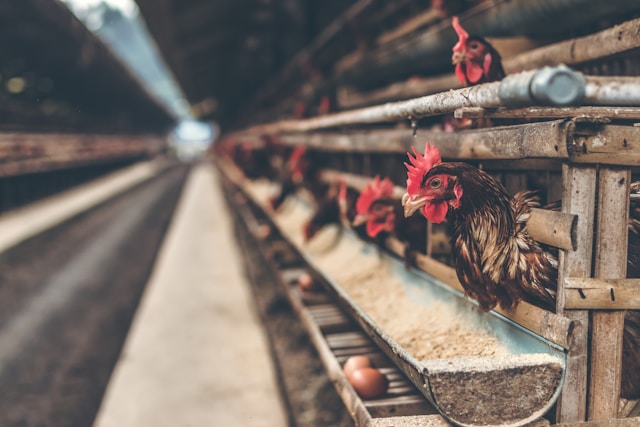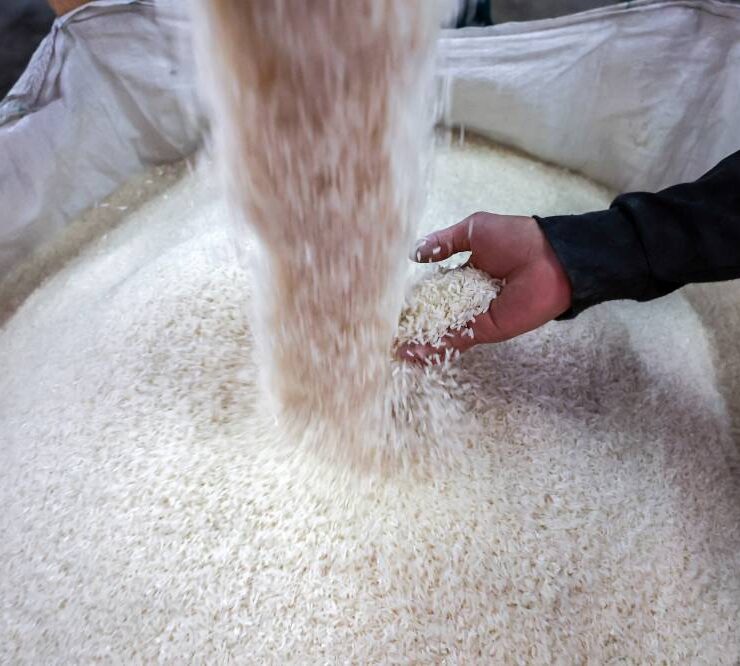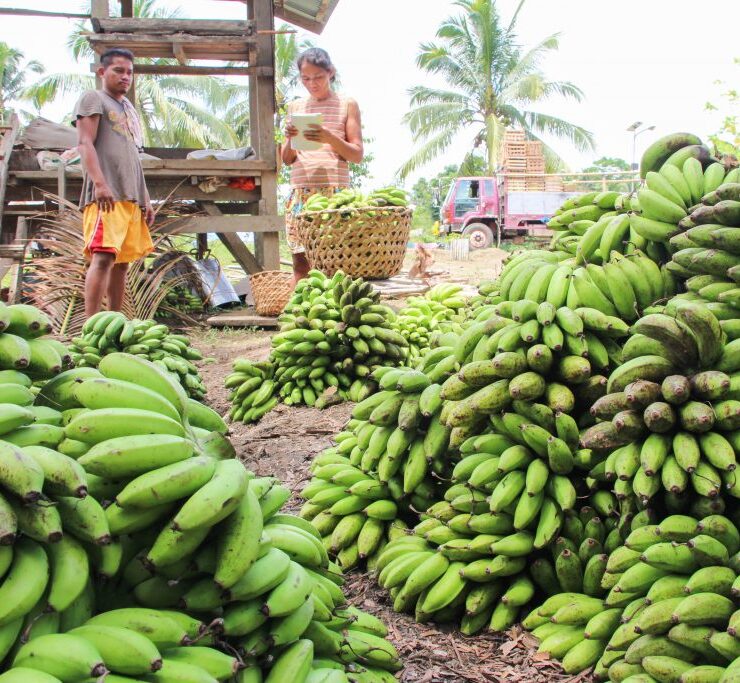Agriculture dep’t reimposes ban on poultry from California

The Department of Agriculture (DA) has again banned the entry of poultry imported from California in the United States just three months after lifting the import restriction.
The DA imposed the temporary ban via Memorandum Order No. 52 dated Nov. 26 and which covers domestic and wild birds and their products, including poultry meat, day-old chicks, eggs and semen.
With the import ban in place, the DA immediately suspended the processing and evaluation of applications and the issuance of sanitary and phytosanitary import clearances.
Shipments from California that are either in transit, loaded or accepted into port before US authorities received information on the latest DA order are excluded, provided the products were slaughtered or produced no later than Oct. 11, 2024.
Veterinary quarantine officers or inspectors will stop and seize all shipments of these commodities at all major ports.
Since August
The DA promulgated the memo as US authorities reported an additional outbreak of avian influenza in California affecting domestic birds.
The rapid spread of highly pathogenic avian influenza (HPAI) subtype H5N1 in the US in a short period since its first laboratory detection “necessitates a wider coverage of trade restriction to prevent the entry of HPAI virus and protect the health of the local poultry population,” the DA memorandum order read.
The agency issued the directive after it lifted the temporary ban on importing poultry originating from California and South Dakota last August.
In a separate development, the DA lifted the temporary import ban on poultry and pork products from Minnesota in the United States and Sweden, respectively.
In a report to the World Organization for Animal Health (WOAH), US authorities said all cases of avian influenza had ended with resolved status and no additional outbreaks were reported after Oct. 16.
Meanwhile, Swedish authorities informed the WOAH that all reported events had been resolved and no additional outbreaks were recorded after Sept. 30. The ban on imported pork from Sweden was imposed in October last year.
Under the 2016 regionalization agreement between Philippine and American authorities, a statewide ban may be implemented if avian influenza affects at least three counties, given the geographical landmass of the United States.
The United States is one of the country’s sources of imported meat and meat products.
Sweden recently secured an accreditation from the government to export meat, as divulged by an industry source.
Data from the Bureau of Animal Industry showed that the United States exported 154.97 million kilograms (kg) of meat to the Philippines in the January to September period.
It is equivalent to 14.9 percent of the 1.04 billion kg of meat imports that entered the country as of September, nearing last year’s full-year figure of 1.2 billion kg.
“The record-high importation is worrisome as signs of port congestion are appearing. As well, the record-high exchange rate is increasing the landed cost of products,” Meat Importers and Traders Association president emeritus Jesus Cham said last weekend.
Cham also said the recent typhoons have affected demand, adding that “importers may not be able to raise prices enough to cover the added costs.”





















